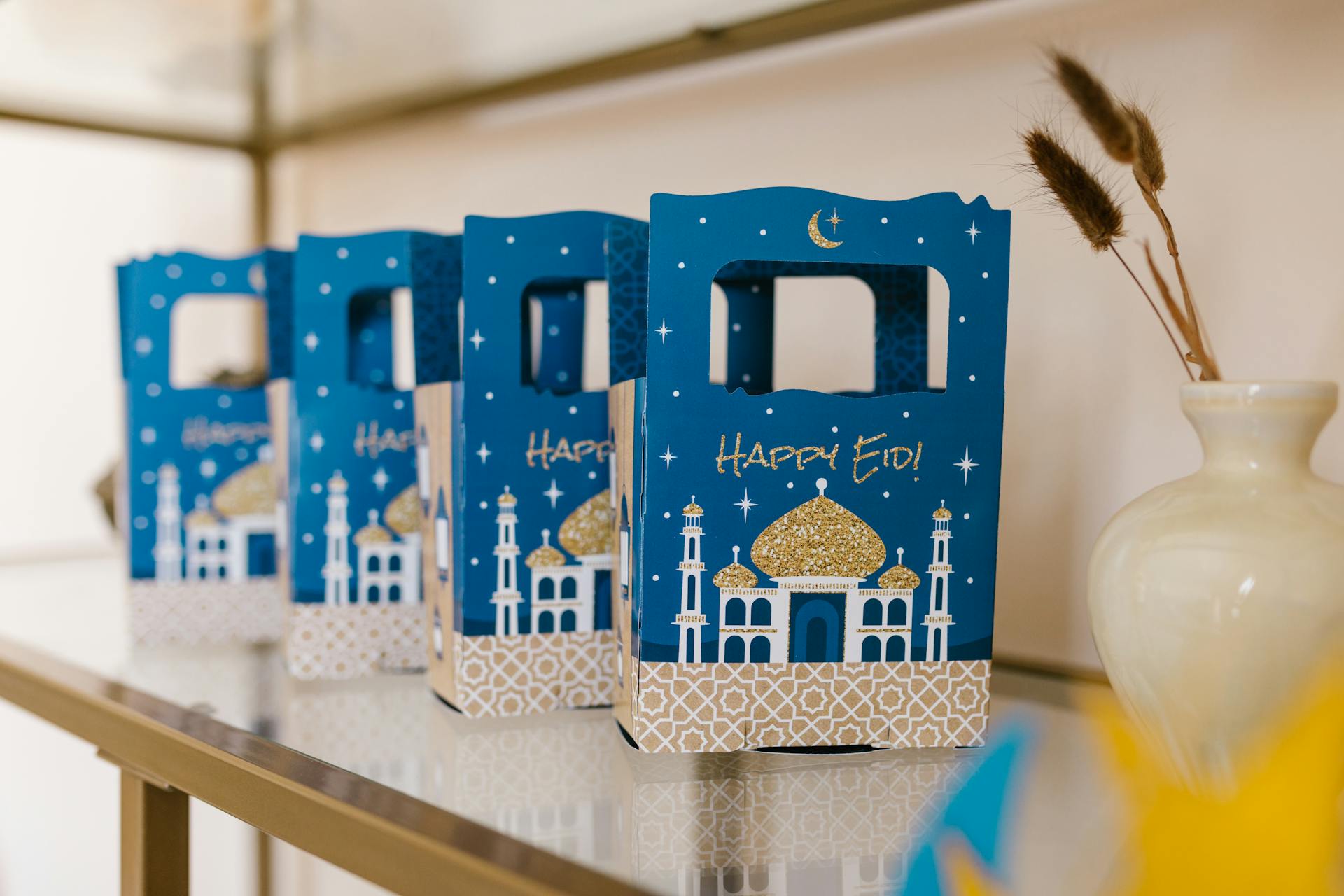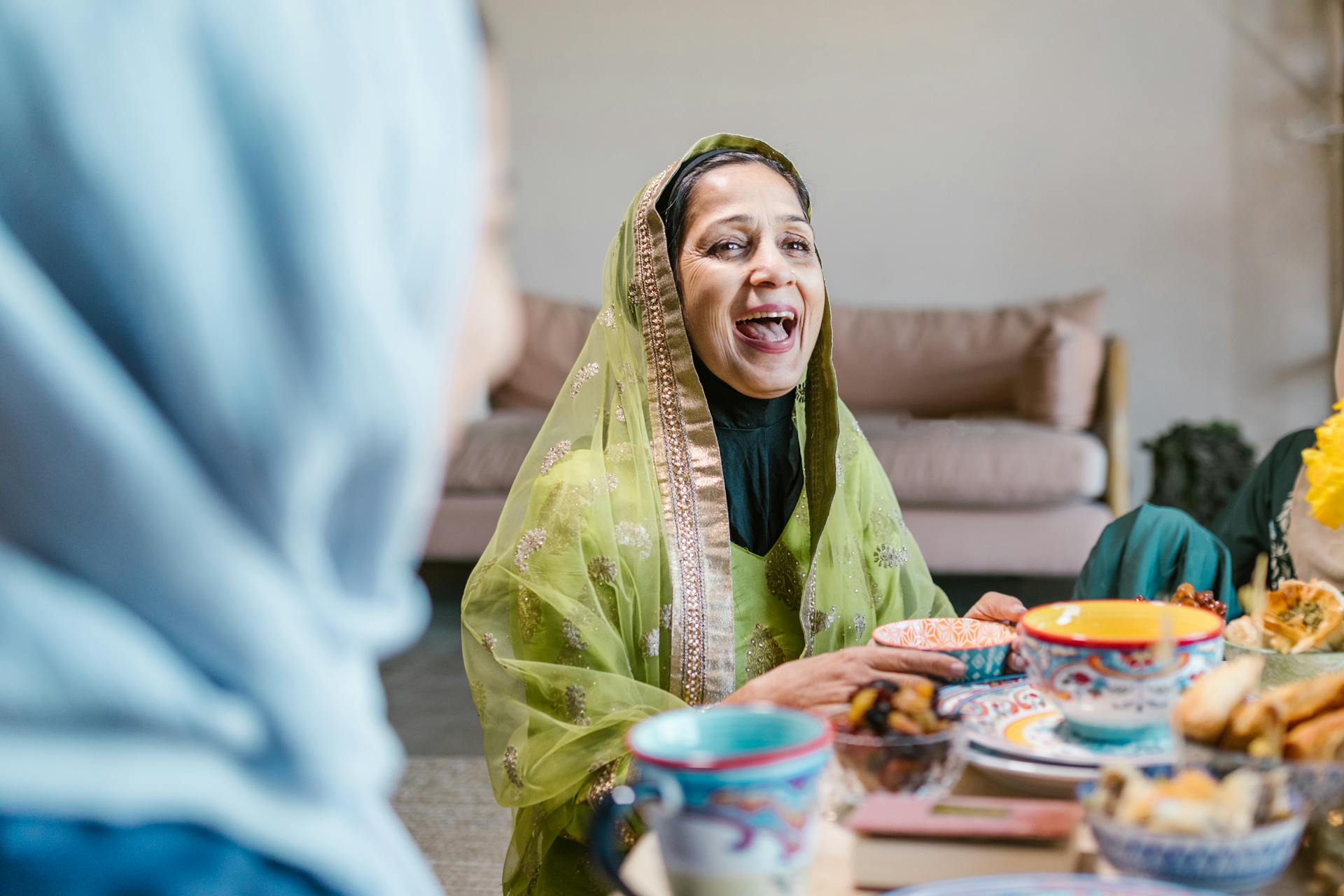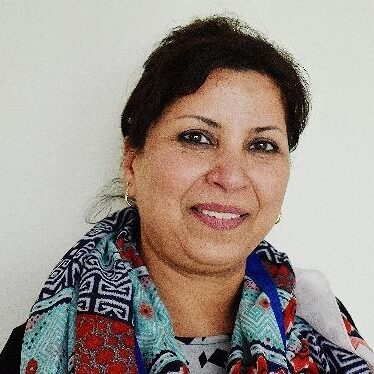Eid ul-Fitr: Understanding the Joyous Festival of Breaking the Fast
As the holy month of Ramadan draws to a close, Muslims worldwide eagerly anticipate the joyous celebration of Eid ul-Fitr. This significant festival, also known as the "Festival of Breaking the Fast," holds deep cultural and religious significance for Muslims. Understanding the traditions and customs associated with Eid ul-Fitr enriches our appreciation of this special occasion and fosters inclusivity within our communities.

The Significance of Eid ul-Fitr
Eid ul-Fitr marks the end of Ramadan, the month of fasting, prayer, and reflection in the Islamic lunar calendar. It is a time of immense joy, gratitude, and spiritual renewal for Muslims worldwide. The festival celebrates the completion of a month-long journey of self-discipline, devotion, and purification.
End of Ramadan: A Symbol of Celebration
The central theme of Eid ul-Fitr is the joyous breaking of the fast that has been diligently observed throughout Ramadan. On the morning of Eid, Muslims gather for a special prayer known as Salat al-Eid, conducted in large congregations at mosques or outdoor prayer grounds. Following the prayer, families and friends come together to take part in festive meals, exchange gifts, and express gratitude for the blessings bestowed upon them.

Acts of Charity and Generosity
Eid ul-Fitr emphasises the importance of charity and generosity, particularly towards those in need. Muslims are encouraged to give Zakat al-Fitr, a form of charity that is obligatory for all who can assist the less fortunate. This charitable giving ensures that everyone can take part in the festivities and experience the joy of Eid.
Festive Traditions and Customs
Eid ul-Fitr is characterised by various festive traditions and customs that vary across different cultures and regions. Decorations beautify homes and streets, with colourful lights, banners, and ornaments creating a vibrant atmosphere of celebration. Special dishes and sweets, such as sweet vermicelli (seviyan), samosas, and baklava, are prepared and shared among family and friends.
Community and Unity
Eid ul-Fitr is a time of unity, solidarity, and inclusivity within the Muslim community. Regardless of cultural or ethnic backgrounds, Muslims come together to celebrate their shared faith and values. It is a time to mend relationships, reconcile differences, and strengthen bonds of friendship and brotherhood.
Sharing the Joy of Eid
As Eid ul-Fitr approaches, non-Muslims need to recognise and respect the significance of this festival to their Muslim friends, colleagues, and neighbours. Simple gestures such as offering greetings of "Eid Mubarak" (Blessed Eid) and acknowledging the significance of the occasion can go a long way in fostering understanding and harmony within diverse communities.
Eid ul-Fitr is a joyous celebration that sums up the spirit of gratitude, generosity, and community. Understanding and respecting the traditions and customs associated with Eid ul-Fitr allows us to embrace the diversity of our communities and strengthen bonds of friendship and solidarity. As Muslims around the world come together to celebrate this auspicious occasion, let us join them in spreading joy, peace, and goodwill to all.
Article by
Rashda Salamat
English as an additional language Teacher
The Inclusive Learning and Achievement Service (ILAS)
rashda.salamat@northtyneside.gov.uk

